7 Types of Digital Marketing Strategies to Grow Your Business Online
Knowing the different types of digital marketing approaches is critical to creating a winning online marketing strategy. Get Expert Digital Marketing Consultation Now
In this blog, we’ll discuss the 7 major types of digital marketing methods you need to know before investing your time and money in online marketing.

By ONE INTEGRATED GROUP
Before diving in, it is important to note that digital marketing is not just an online affair, it includes any marketing activity that uses the internet or any electronic device (on or off-line) to promote products and services.
But for the purposes of this blog, we will focus only on the major online digital marketing approaches.
7 Types of Digital Marketing Strategies to Grow Your Business Online
But first let’s look at the importance of digital marketing (online marketing)…
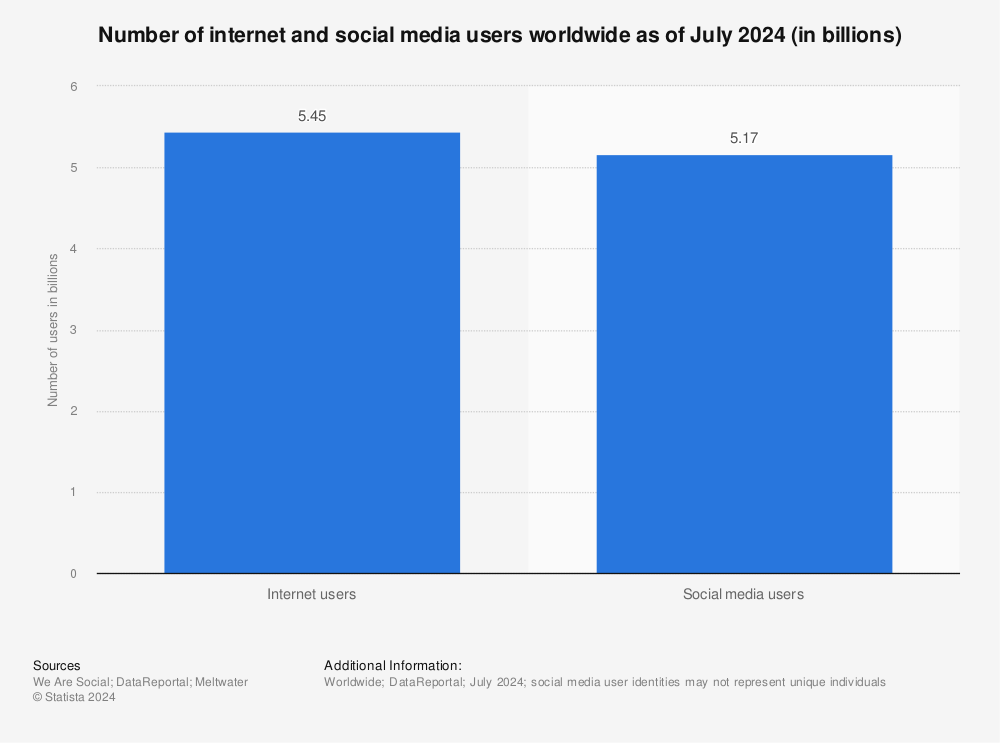
Find more statistics at Statista
The latest reports from Statista shows that 4.66 billion people – that is 60% of the world’s population – were active online in January 2021.
This increasing exodus of consumer attention from offline to online, clearly demonstrates the importance of marketing your business online. But looking at online user activity is only one piece of the pie. Online marketing presents numerous other benefits, especially when compared to traditional marketing.
With online marketing, businesses now have the opportunity to target global audiences; save millions in ad spend; get real-time insights from advertising campaigns; mix and match ad formats at an extremely low cost; use precise hyper-targeting features to segment and reach target groups; communicate freely with customers and potential customers; share personalized and creative messaging; and publish content instantaneously.
But most importantly sales and conversions are at an all-time high in e-commerce and customers are interacting and engaging with brands like never before.
Get Expert Digital Marketing Consultation Now
7 Types of Digital Marketing Strategies to Grow Your Business Online:
Search Engine Marketing (S.E.M)

Search Engine Marketing (S.E.M) also referred to as search marketing, currently dominates the different types of digital marketing strategies being used online. Google, the king of SEM, recorded an impressive 160 billion US dollars in revenue in 2019.
Now that’s good for Google, but this statistic also speaks volumes to the willingness and confidence businesses have to leverage search marketing to reel-in leads and sales. Advertisers also use other search engines like Yahoo, Yelp, Bing and Apple Maps to generate profitable results.
The S.E.M approach is primarily built on the use of keyword optimisation, other optimisation techniques and smart bidding strategies.
There are three types of SEM strategies: Pay-Per-Click (PPC), Organic Search Engine Optimisation (SEO) and local SEO.
Pay-per-click is paid advertising which allows marketers to enter an auction through bidding strategies like Cost-Per-Click (CPC) or Cost-Per Impression pricings. With this paid option, businesses with the most relevant response to a potential customer’s query, compete for the top spot on the first search engine result page (SERP).
With this strategy, advertisers are able to position brands directly to potential customers who are at or between the consideration and purchase stage of the sales funnel.

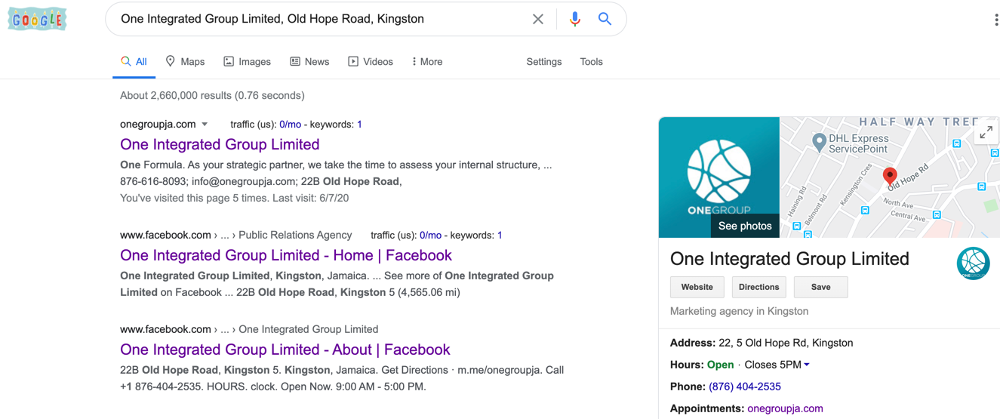
Other PPC ads include display ads and shopping ads.
With S.E.M, businesses can also gain free visibility through the use of SEO (both local and organic).
SEO is fundamentally built with relevant keywords, quality content and code optimization. Link building and website performance among other techniques and tools, when combined effectively, helps business to outrank the competition to show up among the top results on the first SERP.
And though optimising your web pages for SEO is generally free, you can also pay online business directories for premium listings to help boost your visibility. Most directories, however, offer limited free local listing opportunities.
Email Marketing
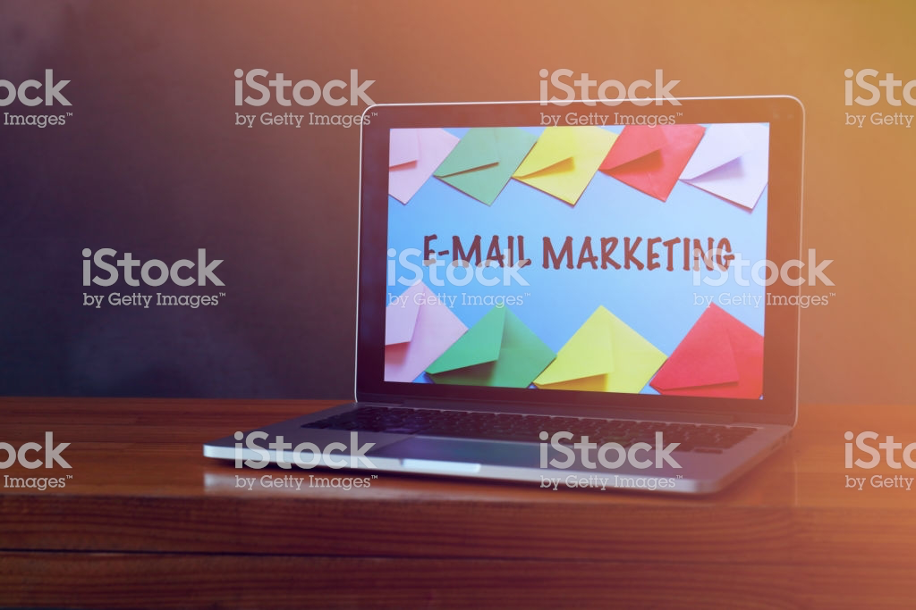
Half of the world’s population is actively using emails. More accurately, over 90% of active online users are using emails, which is approximately 3.9 billion people according to the Radicati 2019 reports.
In the same report, active email users outranked social media numbers by 4 billion, making email channels one of the prime and most direct and accessible ways to reach customers.
This marketing strategy has been around for decades and is still one of the most low-budget powerful tactic used to engage, motivate and connect with customers.
Experts from across the world sing high praises of this strategy and its high rates of conversion to sales. And both small businesses and large corporations alike, have garnered immense success from using this marketing approach.
Email marketing is sometimes more successful than other approaches because it is fairly simple to execute, it is cost-effective and it enables the sender to personalize messages. Customers are also more accepting of emails rather than an intrusive search display ad, TV commercial ad or social media ad.
Usually, these email recipients have been previously engaged by the company and are on the lookout for those updates, newsletters, tutorials, coupons, company information and new product or program launch.
To sweeten this cup of tea, email marketing is made even easier with the vast options of automation tools such as Drip, Mail Chimp and Converter Kit. These software usually come furnished with basic and advanced levels of analytics to help advertisers track conversions, bounce and open rates and user behaviour, among other activities.
Social Media Marketing
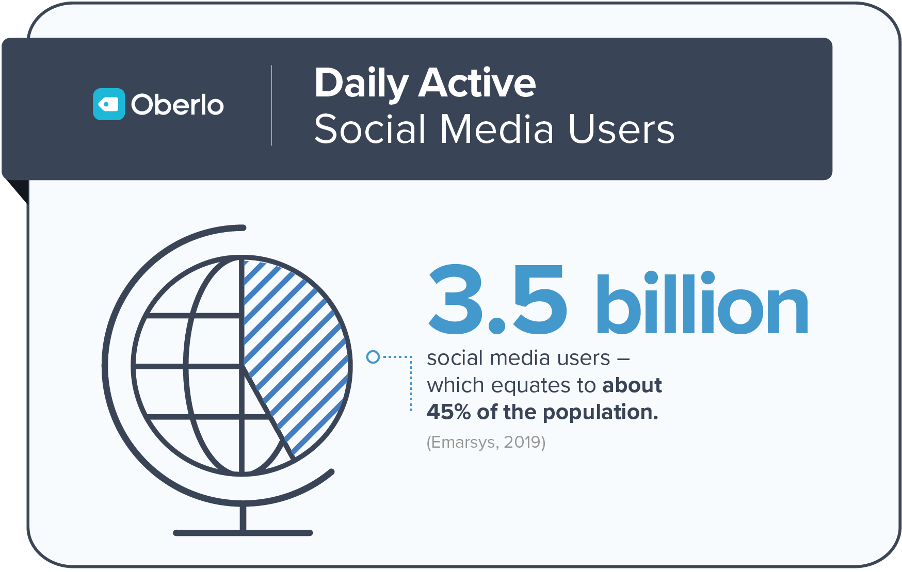
Image by Oberlo
Social Media Marketing is a giant among its online counterparts, to the extent where many businesses have relied solely on the use of social channels to drive their online presence.
This online marketing strategy is one of the most talked-about, practised and successful online approaches. Whether through paid or organic promotions, social media is a space where businesses loosen their ties to hang out with consumers and potential customers. It is a space that breaks down the wall between customers and brands to make companies seem more human and approachable.
Businesses use social media platforms to interact with customers, entertain, promote goods and services, educate, build rapport and motivate and inspire – all of which works to influence the customers’ perspective about the brand.
With 3.5 billion active users recorded in 2019, Facebook, Instagram, LinkedIn, Twitter, Snapchat, TikTok, Pinterest, YouTube, among other social sites, have created a space where customers anticipate updates from their favourite brands.
For brands that are crushing it online, social media is the primary channel used to drive traffic to their websites, boost conversions, build brand reputation, generate leads, build relationships and increase sales.
Many brands have used these platforms to overshadow their competition and stand out in their niche markets.
Content Marketing
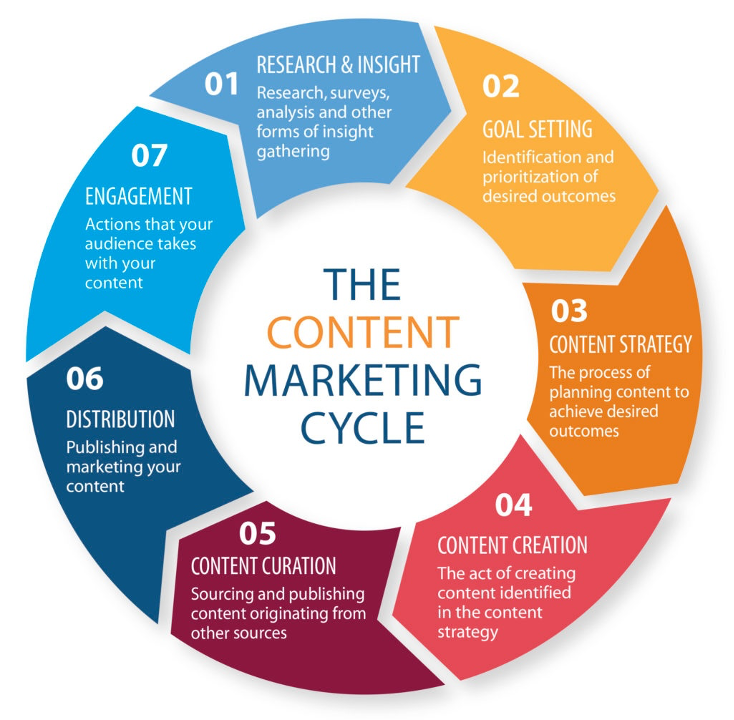
Image by FusionSpark
Content marketing is the fuel that drives all other digital marketing campaigns. The discipline requires consistent planning, publishing, monitoring and evaluating across the different types of digital marketing platforms.
It is the driving force that grows brands, boost conversions and generate sales.
And whether the content format is video, graphics, photography, social media posts, blogs, e-books, webinars or whitepapers, all pieces must be shared in a circular motion. This way the campaign navigates the target group in a way that shapes their perspective and encourage them to take a specific action.
At the heart of successful content marketing and digital storytelling is the ability for brands to offer value to customers. Successful content marketing uses content that is relatable, factual, creative, strategic, inspirational, innovative and entertaining.
The most effective content marketing strategy is one that speaks with power, precision, purpose and unity across the various types of digital marketing platforms.
A content marketing strategy is critical if a business wants to burst through the noise, create differentiation for itself and earn revenue from its online marketing efforts.
Influencer Marketing
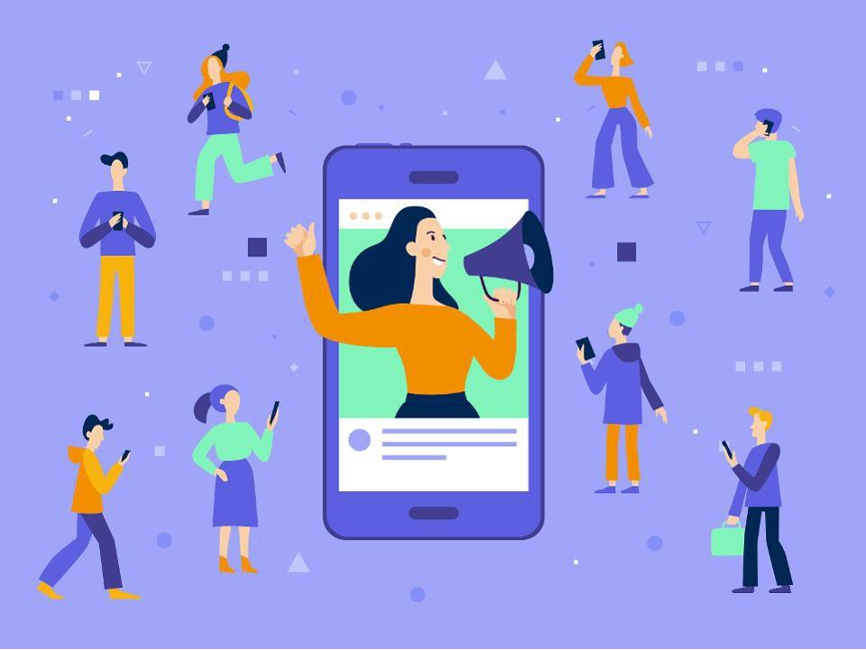
While many businesses have been slow to the start, with the use of influencer marketing, others have sprinted away and are racking-up millions in revenue.
Influencer marketing is when brands leverage another online user’s influence, large following and inventive content creation skills to reach their target audiences.
This is generally one of the paid types of digital marketing. Brands provide monetary or other forms of compensation to influencers in exchange for their active online promotion of the brand to large audiences.
According to bigcommerce.com data sources, influencer marketing has become a $5-10 billion dollar industry. And in a 2019 survey of marketers by MediaKix, “89% say ROI from influencer marketing is comparable to, or better than other marketing strategies”.
The beauty of influencer marketing can be seen in the target audiences’ receptiveness towards influencers. Influencers are able to use their creative and entertaining content to inspire and break down the barriers that businesses set-up between themselves and their customers.
Many companies have long overwhelmed consumers with aggressive and intrusive sales tactics and ads, lack of approachability and a shambolic content strategy. This is why millions of online users will go to extreme lengths to set up ad blockers, evade certain routes on the internet and overall, just turn a deaf ear to certain brands. Influencer marketing can serve as an antidote to an audience’s resistance to brand messages.
Affiliate Marketing
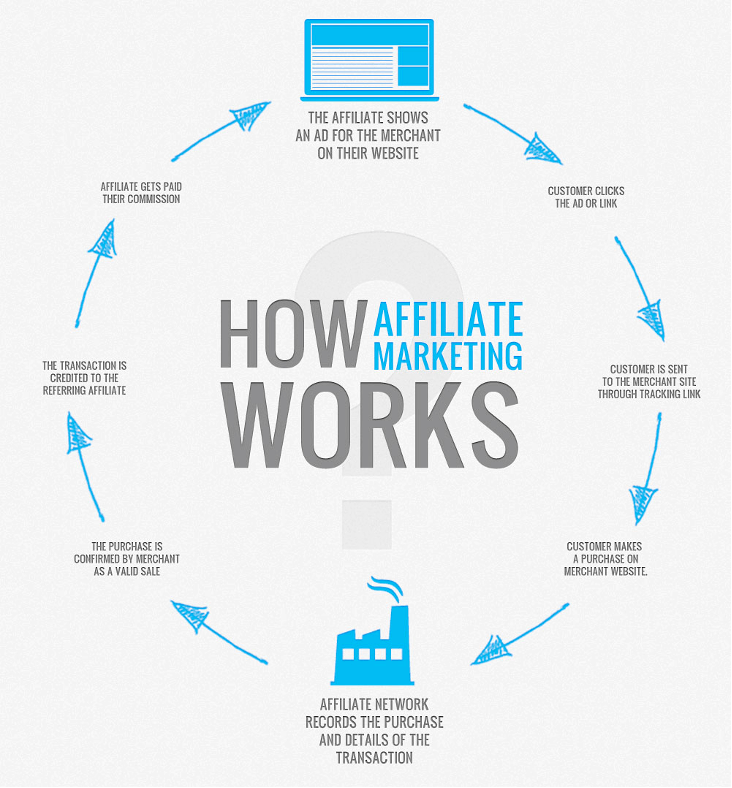
Image by : https://jeangalea.com/about/
Affiliate marketing is a highly profitably online marketing tactic that is proven to generate stratospheric sales figures for e-commerce businesses. According to Hosting Tribunal data sources “Well-crafted affiliate marketing programs can boost revenue by a staggering 30%.”
Whichever side of the coin you decide to operate from – whether you are an affiliate or a company that hires affiliates – you can expect to earn significant returns on your investment.
So how does it work?
Just as a high-level overview: companies hire affiliates as ‘online sales reps’ to help them generate online sales. Most of these tactics are usually accompanied by a link that takes customers to the vendors’ websites.
Affiliates can either be companies or individuals who sell advertising space on their websites or leverage a suite of other online marketing avenues, such as webinars, PPC campaigns, YouTube reviews, social media campaigns, among other strategies, to send customers to a vendors website.
And depending on the affiliate program agreement the vendor will either pay an affiliate a commission for the sales, traffic to website or leads that were generated from their efforts.
Vendors (hiring companies) determine pay-outs by tracking the affiliates performances via the individual affiliate links.
Mobile Marketing
Mobile marketing is centred on the optimization of content, ads and online navigation systems to meet the demands of mobile users. This approach integrates the different types of digital marketing but also includes tactics that are unique to mobile, such as mobile payment systems and mobile apps.
In a world where 80% of internet users are mobile users, who spend more than 3 hours daily immersed in their phones, marketers must look beyond their typical online marketing approach to maintain and increase higher conversions.
Many marketers have pioneered this transformation, others adopted early, while other businesses are still adapting to it. Mobile users are expecting content creators and brands to keep up with the advancements of the digital age and become frustrated, especially when brands are lagging behind. Needless to say, businesses that fail to include mobile marketing as part of their digital marketing strategy will stand to lose a great deal in revenue.
FINALLY…
Now that you know the top 7 types of digital marketing strategies being used online, begin to explore and practise each approach until you are able to integrate them as part of a cohesive online marketing strategy across multiple platforms.
And if you want to get started now, get in touch with an expert digital marketing agency like ONE GROUP and begin to connect with new clients to increase brand awareness and sales. Schedule your first consultation here.
